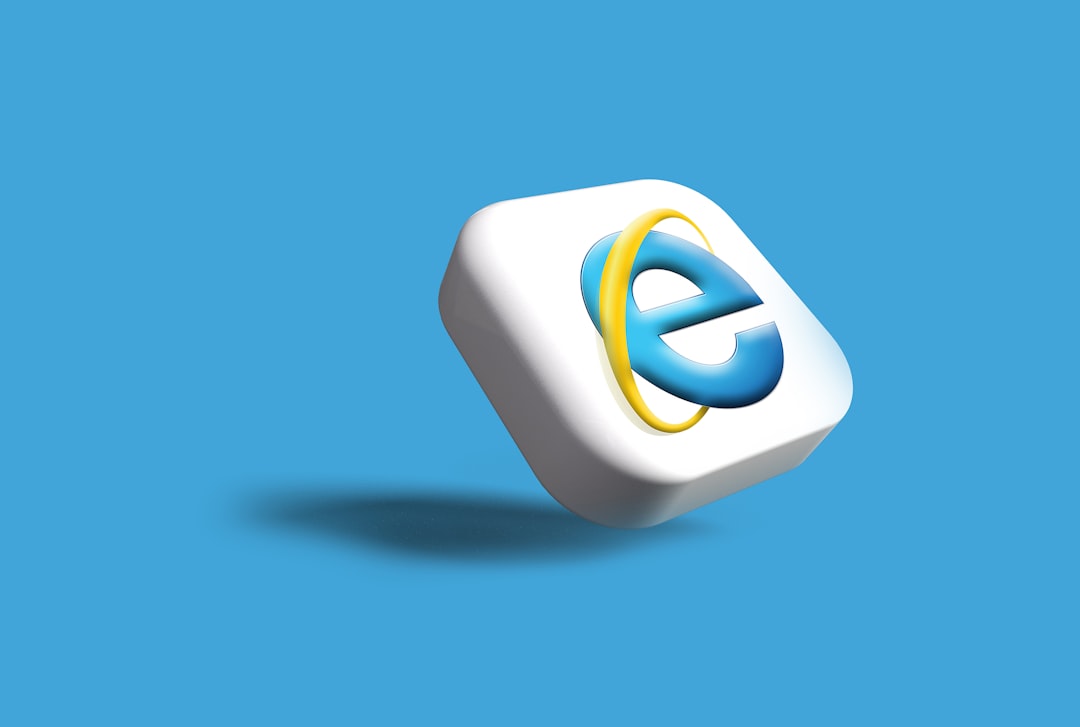In an age where online privacy is frequently compromised, DuckDuckGo has emerged as a strong advocate for user rights and data protection. With growing concerns over how tech giants track user behavior and monetize personal information, DuckDuckGo offers a refreshing alternative by prioritizing privacy at every level of its search engine operations.
So, what exactly is DuckDuckGo’s stance on user privacy? In short, their philosophy revolves around a simple yet impactful promise: “We don’t track you.” But this slogan is just the tip of the iceberg. Let’s dive deeper into what this commitment actually means and how DuckDuckGo differentiates itself from other search services.
1. No Personal Data Collection
Unlike many mainstream search engines that build detailed profiles on users by collecting information such as search history, IP addresses, and even location, DuckDuckGo takes a radically different approach. It does not collect or store any personal information. This means:
- No saved search history tied to your identity.
- No personal information stored on their servers.
- No IP address tracking or fingerprinting.
This default policy ensures that even if platforms are compromised, there’s no user data to expose. It’s a level of privacy most internet users don’t even realize they’re missing out on.

2. Anonymous Search Results
Another unique aspect of DuckDuckGo is that it serves the same search results to all users, regardless of who they are or where they’re located. This neutral approach circumvents the so-called “filter bubble,” a phenomenon where users are only shown information that aligns with their past behavior and preferences.
Benefits of anonymous results include:
- Unbiased access to information.
- No personalized targeting or manipulative content.
- Equal search experience for all users.
In a broader social context, this promotes greater transparency and reduces the risks associated with ideological echo chambers that can occur with personalized algorithms.
3. Transparent Business Model
People often ask how DuckDuckGo can sustain its operations without collecting personal data. The answer lies in its privacy-respecting advertising model. DuckDuckGo serves ads based on the keywords you type in—not your personal history or behavioral profile. For instance, if a user searches for “mountain bikes,” they may see a relevant ad for biking gear, but nothing beyond that moment of interest.
This approach allows them to generate revenue while still honoring their promise to not track users. It’s a clear example that online advertising doesn’t have to rely on invasive data collection to be effective.

4. Additional Privacy Tools
DuckDuckGo isn’t just a search engine—it’s evolving into a comprehensive privacy ecosystem. Their browser extension and mobile app include tools like:
- Tracker blocking – Prevents third-party trackers from following you across the web.
- HTTPS upgrading – Automatically routes you to encrypted versions of websites when available.
- Privacy grade rating – Displays how secure a website is, using a simple scoring system from A to F.
These features empower users to take control not just of search privacy, but also of broader web browsing habits.
5. Advocacy and Education
DuckDuckGo also plays an active role in privacy education and online rights advocacy. Their company blog and social media channels frequently provide insights on how users can better protect themselves online. By demystifying complex topics like fingerprinting and end-to-end encryption, they’re helping build a more privacy-literate public.
Conclusion
DuckDuckGo’s fierce dedication to privacy sets it apart in a digital landscape flooded with surveillance-driven business models. With a mission grounded in transparency, anonymity, and ethical practices, DuckDuckGo is proving that internet privacy is not only possible—it’s viable, practical, and increasingly essential.
If you’re looking to reclaim your online privacy without sacrificing search functionality, DuckDuckGo offers a compelling solution. Whether you’re tech-savvy or a casual user, making the switch could be a big step toward protecting your digital footprint.

